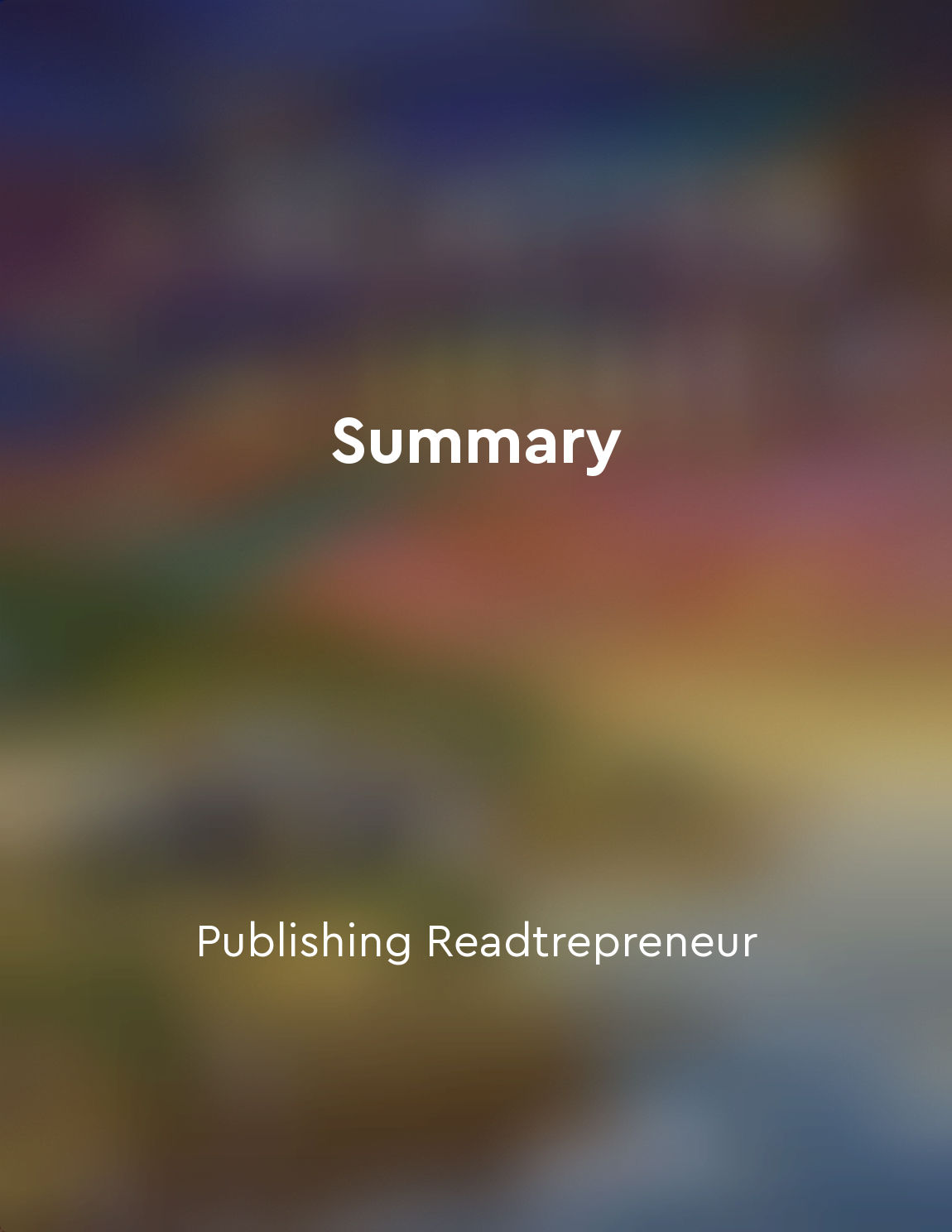“contextlib” simplifies context management with “with” statement from "summary" of Fluent Python by Luciano Ramalho
The contextlib module provides utility functions for working with context managers and the with statement. One of the most common use cases for context managers is managing resources that need to be cleaned up after they are used. By using the with statement, you can ensure that the cleanup code is always run, even if an exception is raised during the execution of the with block. contextlib makes it easy to define your own context managers by providing a decorator called contextmanager. This decorator takes a generator function as an argument and returns a new function that can be used as a context manager. The generator function should yield exactly one value, which will be bound to the target variable in the as clause of the with statement. By using contextmanager, you can avoid the boilerplate code associated with defining a new class with __enter__ and __exit__ methods. This makes it easier to create lightweight context managers for simple tasks. For more complex scenarios, you can still define a custom context manager class, but contextlib provides a convenient way to create context managers in a more concise and readable way. In addition to contextmanager, contextlib also provides other utilities for working with context managers. For example, the closing function can be used to create a context manager that ensures that a file is closed when it is no longer needed. This is a common use case for context managers, and contextlib provides a simple way to handle it without having to write custom code.- Contextlib simplifies the process of working with context managers and the with statement by providing a set of utility functions that make it easier to define and use context managers in Python. By taking advantage of these utilities, you can write cleaner and more readable code that takes full advantage of Python's context management capabilities.
Similar Posts

Summarizing requires careful organization of ideas
To effectively summarize a text, one must meticulously organize the key points and ideas in a coherent manner. This process inv...
Explore the world of data structures and algorithms
To understand the world of data structures and algorithms is to delve into the heart of computer science itself. Data structure...
Show genuine interest in others
To truly connect with others, you must show a genuine interest in them. This means actively listening to what they have to say,...
Choose words carefully
The words we choose to convey our thoughts and ideas can have a significant impact on how effectively we communicate with other...
Use transitions to guide your audience through your explanation
Transitions play a crucial role in the art of explanation. They act as the glue that holds your ideas together, guiding your au...

Break tasks into smaller steps for clarity
Breaking tasks into smaller steps is a key principle in ensuring clarity and forward movement on your projects. When you have a...
Secondary storage provides longterm data storage
Secondary storage, in the context of computers, is like the attic in your house. It's where you keep things that you don't need...
Strategy requires considering alternatives
When developing strategy, it is crucial to acknowledge that there are multiple possible courses of action to achieve a particul...
Embrace continuous learning and growth
The process of thinking involves a continuous cycle of learning and growth. It is not a static state but rather a dynamic journ...
Classes define new data types
Classes in Python provide a way to bundle data and functionality together. They allow us to define our own data types with thei...

